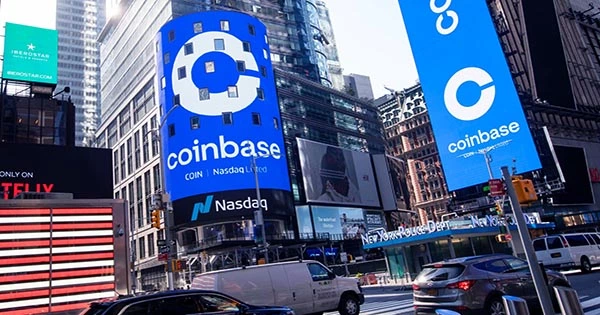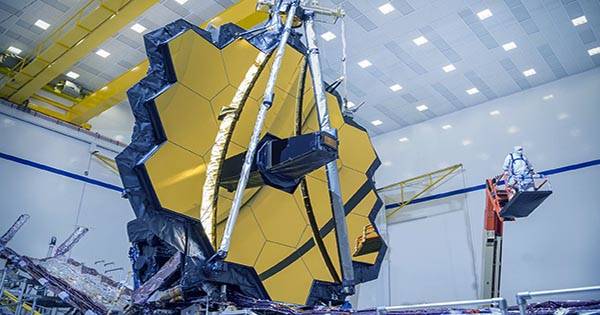In India, Coinbase is introducing support for the ubiquitous UPI payment technology, making its namesake cryptocurrency exchange available for the first time in the world’s second-largest internet market. The publicly-traded company, which began testing UPI payments a few weeks ago, announced the formal debut on Thursday at its first event in India, adding it is aiming to expand its product offerings in the nation.
The most common way for Indians to transact online is through UPI, a payments infrastructure built by a group of retail banks. According to a business official, Coinbase customers in India would be able to add money to their accounts using the UPI network. Customers who sign up for the Coinbase app will receive $2.65 as an incentive, according to the business. The corporation did not provide the identities of its financial partners for the UPI payments deployment, which is notable. Following the central bank’s long-held stance on virtual digital assets, the great majority of Indian banks continue to dismiss crypto-related transactions.
Despite the fact that India’s Supreme Court overturned the RBI’s crypto prohibition two years ago and the country has only lately begun to tax crypto transactions, banks are still mainly following the central bank’s previous guidance. Officials from the Reserve Bank of India have openly urged for a closer look into cryptocurrency. T. Rabi Sankar, the Reserve Bank of India’s deputy governor, claimed in February to an audience at a banking conference that cryptocurrencies were “particularly intended to escape the regulated financial system” and are not supported by any underlying cash flow.
“They have no fundamental value,” he added, adding that they are similar to Ponzi schemes and may even be worse. “As a store of value, cryptocurrencies such as bitcoin have produced spectacular returns thus far, but so did tulips in the 17th century Netherlands.” Cryptocurrencies resemble a speculative or gambling contract that functions similarly to a Ponzi scheme. Indeed, from a social standpoint, the original Ponzi scheme developed by Charles Ponzi in 1920 has been considered to be superior to cryptocurrencies,” he stated.
A request for an interview with Coinbase’s management was turned down. Coinbase’s entry into India, which operates in dozens of regions, comes at an unusual moment. Coinbase has previously invested in two of the country’s top crypto exchanges (CoinSwitch Kuber and CoinDCX). According to individuals acquainted with the situation, New Delhi’s decision last week to tax crypto revenue at 30% has pushed hundreds of thousands of people to reduce or stop crypto trading.
Coinbase stated that India is a “long-term” investment. Coinbase’s co-founder and CEO, Brian Armstrong, said the company has already invested $150 million in Indian businesses and plans to more than treble its staff to 1,000 this year. FTX, a much younger crypto exchange that is quickly becoming a key competitor to Coinbase, has begun to extend its presence in India. According to a person familiar with the situation, the firm’s venture arm is working with a few entrepreneurs in the nation. It’s also in discussions to invest in MPL, an Indian fantasy sports business, according to TechCrunch.
















